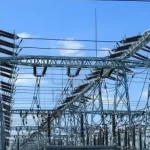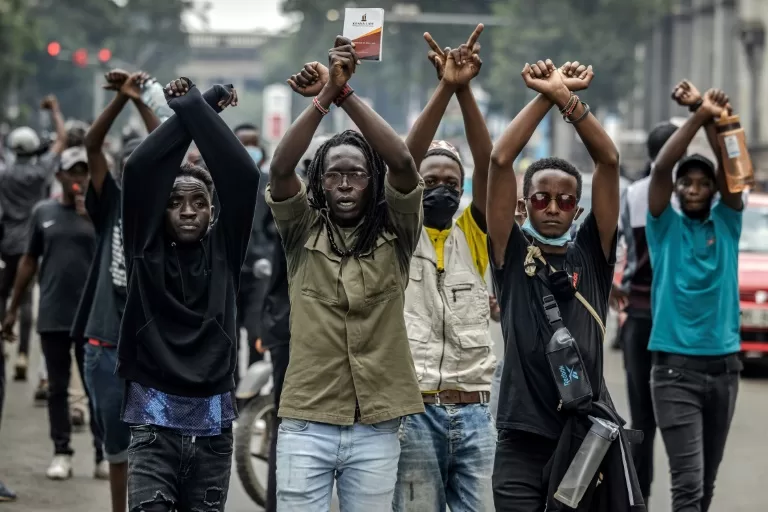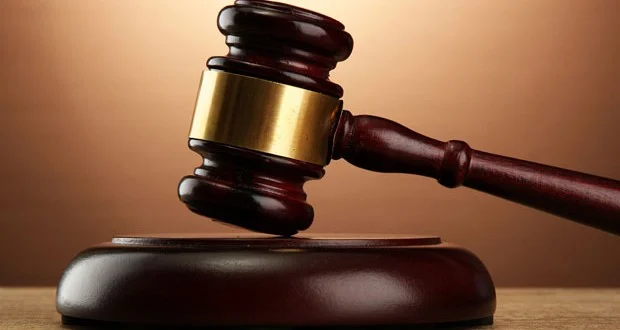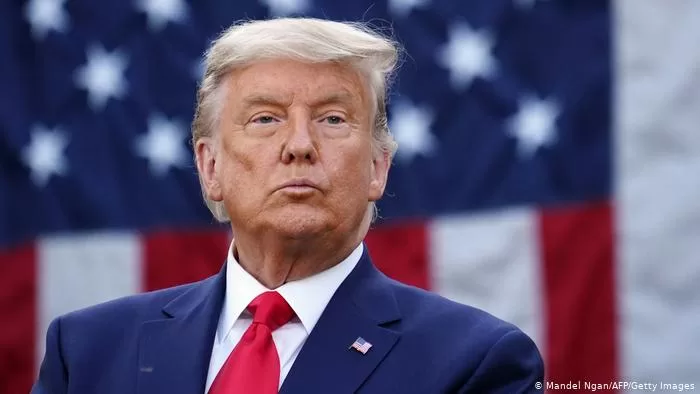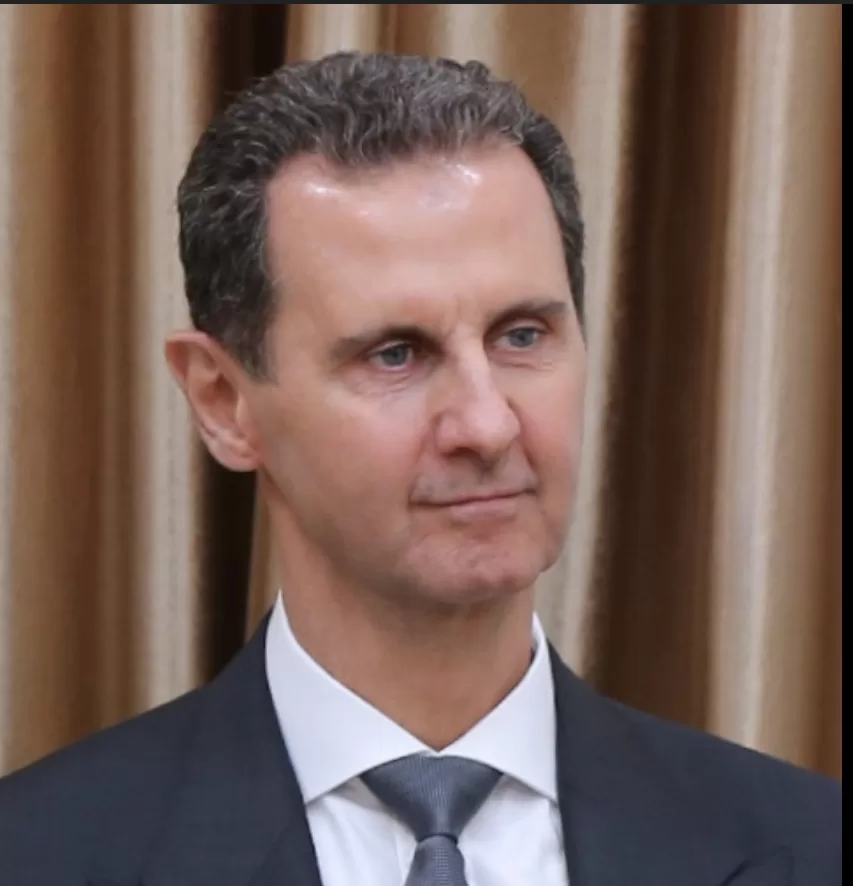One person was killed and at least 200 people injured across Kenya in Thursday’s nationwide protests against government plans to raise $2.7 billion in additional taxes, an alliance of rights groups and the police watchdog said.
Police fired tear gas and water cannons to disperse protesters in the capital Nairobi, the five rights groups, which include Amnesty International and the Kenya Medical Association, said in a joint statement late on Thursday.
The presence of spent cartridges implied the use of live rounds, they said, adding that more than 100 protesters had been arrested across Kenya.
The Independent Policing Oversight Authority said on Friday it had documented the death of a man “allegedly as a result of police shooting and several serious injuries suffered by other demonstrators including police officers.”
The 29-year-old man died during treatment to a wound on his thigh at a hospital on Thursday night, according to a police report seen by Reuters. The report did not state how he was injured.
Gillian Munyau, mother of the dead man, Rex Kanyike, who worked at a casino in Nairobi, said his friend had told her a plainclothes officer had shot him while they ran away from teargas.
“If someone is fighting for their rights, why use live bullets? Had he been armed, we would have understood. But he was just walking with his friend,” Munyau told Reuters outside a mortuary, where she had gone to collect her son’s body.
Munyau told privately-owned Citizen Television that Rex’s friends told her police officers who had past him being attended to offered no help.
The officers said “let him die there” and continued walking by,” she told Citizen Television.
Nairobi county police commander Adamson Bungei did not answer phone calls from Reuters seeking comment.
“We commend the several thousands of protesters, many of whom are youthful, for picketing peacefully (and) exhibiting restraint and decorum despite provocation by police,” the rights groups said.
Protesters want the government to abandon its finance bill, saying it will choke the economy and raise the cost of living for Kenyans who are already struggling to make ends meet.
The International Monetary Fund, however, says that the government needs to increase revenues to reduce the budget deficit and state borrowing.
Earlier this week the government softened its position a little, with President William Ruto endorsing recommendations to scrap some of the new levies, including on car ownership, bread, cooking oil and financial transactions.
Despite the widespread demonstrations, which broke out in 19 of Kenya’s 47 counties, lawmakers passed the finance bill in its second reading on Thursday, moving the contested tax proposals to their next stage for approval.
Lawmakers are expected to meet on Tuesday to vote on proposed changes to the bill, which parliament’s budget committee says would blow a 200 billion Kenyan shilling ($1.56 billion) hole in the 2024/25 budget, and compel the government to make spending cuts.
_Reuters_

